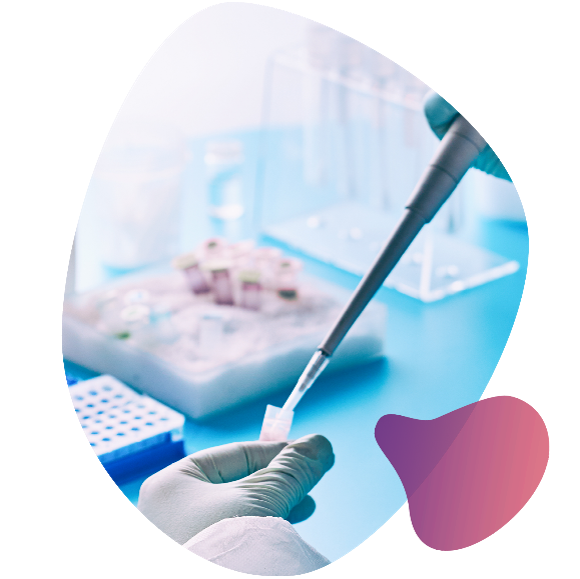Quantitative polymerase chain reaction (qPCR) is a highly sensitive technique that allows researchers to amplify specific DNA sequences from a minimal starting amount.
However, this sensitivity poses a challenge in terms of potential contamination. Even the smallest quantities of DNA fragments from the laboratory environment or previous qPCR experiments can inadvertently undergo amplification during the reaction, leading to misleading outcomes like false positives. Identifying and resolving contamination issues can be particularly difficult for individuals new to qPCR experimentation.
Once DNA contamination takes place, it cannot be eliminated or reduced. Hence, prevention becomes paramount.
Whether you are looking to identify the origin of potential contamination or seeking to enhance the efficiency of your assay, this free guide from LGC Biosearch Technologies will help you assess and mitigate contamination in your qPCR experiments.
Get this whitepaper to help you:
- Map unexpected results to possible sources.
- Determine where your qPCR assay is vulnerable to contamination.
- Follow recommendations to mitigate identified vulnerabilities.
- Master the use of controls in routine testing.
Image Credit: LGC Biosearch Technologies

 Download this whitepaper
Download this whitepaper

About LGC Biosearch Technologies
Together, we help you advance.
Whether you’re using marker-assisted selection to develop more nutritious and sustainable crops or developing the next generation of molecular diagnostic tests, clinical genomics assays, or novel oligo therapeutics, accurate and high-quality data is everything. And so is speed.
To help keep your mission-critical projects on target and moving quickly, LGC provides a large integrated portfolio of products and services to support your entire genomics workflow and help at every stage of your product development pipeline. From R&D through to large-scale commercialization, our products and services scale up when you do.
Watch the video to see how our unified genomics portfolio helps you discover more, speeding up your work to improve the human condition.
Sponsored Content Policy: News-Medical.net publishes articles and related content that may be derived from sources where we have existing commercial relationships, provided such content adds value to the core editorial ethos of News-Medical.Net which is to educate and inform site visitors interested in medical research, science, medical devices and treatments.